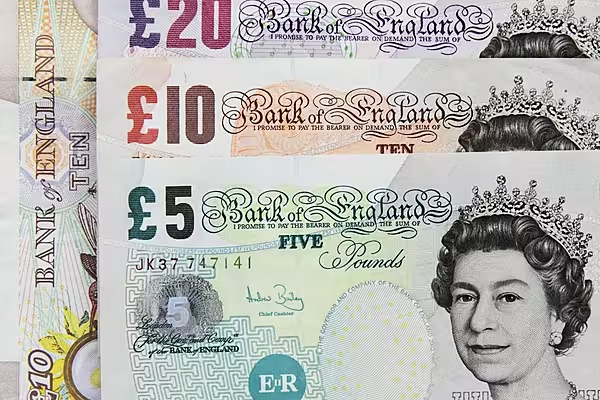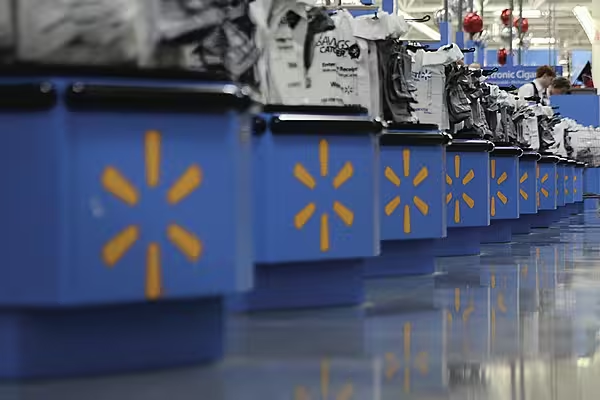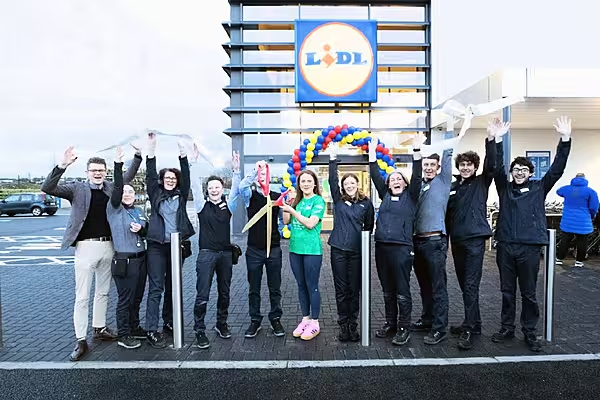British inflation sped up by more than expected to hit a 10-month high of 3.0% in January and is likely to rise further, testing the Bank of England’s (BoE) confidence that price pressures will ease over the long term.
The BoE and economists polled by Reuters had expected inflation to rise by less – to 2.8% – after December’s reading of 2.5%.
The Office for National Statistics said the increase in January was driven largely by a smaller-than-usual drop in air fares that month – a volatile component that had pushed inflation down in December – and a rise in automotive fuel prices.
Food prices also rose, while another factor was the increase in private school fees after the decision by the Labour government – led by Prime Minister Keir Starmer – to charge value added tax (VAT) on them.
Overall, services prices – which feature prominently in the debate at the BoE about how quickly to cut interest rates – rose sharply to 5.0% from 4.4%, but by less than the 5.2% rate expected by economists or the central bank.
Sterling momentarily strengthened against the dollar after the figures were published before quickly settling back to its pre-release level.
Looking Ahead
Zara Nokes, a global marketing analyst at JP Morgan Asset Management, said the higher-than-expected headline inflation rate, combined with strong wage growth figures announced on Tuesday, would cause “quite the headache” for the BoE.
Nokes said, “With the hike in employer taxes and the minimum wage increase still coming down the tracks, it is hard to see how inflation dynamics will improve meaningfully in the near term.”
Finance minister Rachel Reeves’ decision to increase employers’ social security contributions comes into effect on 1 April when the UK’s minimum wage is also due to rise by almost 7%, raising questions about how much the increased costs for businesses will feed into prices.
Ruth Gregory, an economist with Capital Economics, said she still thought the BoE would continue to cut borrowing costs gradually but “the risk is that the rise in inflation proves more persistent and rates are cut more slowly than we expect, or not as far.”
The BoE forecasts that consumer price inflation will peak at 3.7% in the third quarter of 2025, driven mostly by higher energy costs and regulated tariffs for items such as domestic water supply.
However, Governor Andrew Bailey and his colleagues say an expected slowdown in the jobs market is likely to keep a lid on higher wage demands this year, limiting the risk of a build-up of inflation pressure.
Core inflation, which excludes energy, food, alcohol and tobacco prices, rose to 3.7% from 3.2% in January, in line with the Reuters poll.






